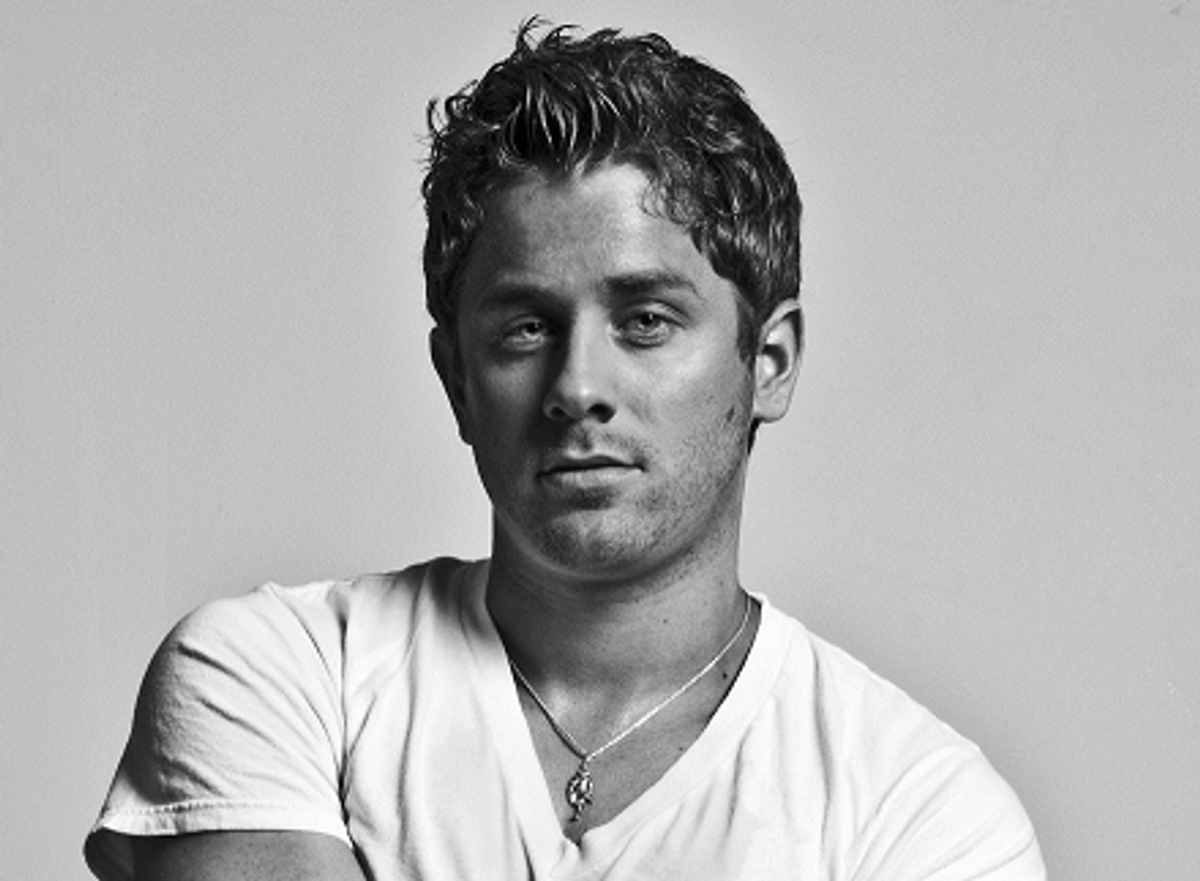Sean Robinson is an award-winning gay filmmaker based in New York City, whose work includes Outer Banks, Naked - A Musical Short Film, and The Puritans. The latter-most has won Best Original Concept at the NW Short Film Festival, Best International Short at the Carmarthen Bay Film Festival, and most recently The Grand Prix Award at the International Short Film Festival "Kharkov Lilac."
Robinson's unique stories and complex characters have garnered acclaim from critics and viewers alike. The young filmmaker opened up to The Advocate to chat about his inspiration, his craft, and where it's all going.
The Advocate: What made you decide to be a storyteller?
Sean Robinson: From a young age, I always loved how entertainment can evoke strong feelings and sensations in people. I've explored many forms of the performing arts, but now at 28, I feel that directing and editing is where I am most at home. Thanks to some wonderful filmmaker mentors like Paul Warner, Jerry Meadors & VP Boyle, who took risks and gave me opportunities, I've been able to make my own films and break into the festival circuit with The Puritans and Naked - A Musical Short Film.
Both those films seem to have a recurring theme of rebelling against an oppressive environment. Is that from personal experience?
Yes. I was raised in a loving, but very conservative, Christian family in Danville, Va. I have had huge conflict with my parents over the "gay" issue. Due to their loyalty to the Bible, they believe [being gay] is a sin, and I've tried to convince them for years that it is "normal" and OK. Nevertheless, my work will always have recurring themes of how religious fundamentalism is a destructive force. Hopefully, my films can enlighten and help others who have been ostracized by intolerant families, schools and religious communities, the way movies like Brokeback Mountain and Milk have done.
Has being gay affected your approach in how you write or build a character?
Absolutely. As do many other aspects of who I am.
What kind of movies do you think are missing from today's culture?
This is a bit random to say, but I'd love to see some well-made films with gay action heroes in the mainstream studio system. Not too many of those [exist].
Where do you think the future of film is going?
[We'll see] more refinement and efficiency within the digital medium. The quality will get better for cheaper. I know several people who are raising $50,000 on Kickstarter or IndieGogo to shoot a feature on the Arri Alexa, which is one of the best digital cameras on the market, and it will end up looking like a $200,000 film. Subsequently, this means more competition in the festival and distribution worlds. So you need to have a lot more than just a 35mm-looking digital camera to make a great film. You need a powerhouse story and tour de force characters. Without that, you just have an empty shell. I learned this from film and theatre director Paul Warner, who produced The Puritans and taught me everything I know about directing.












































































